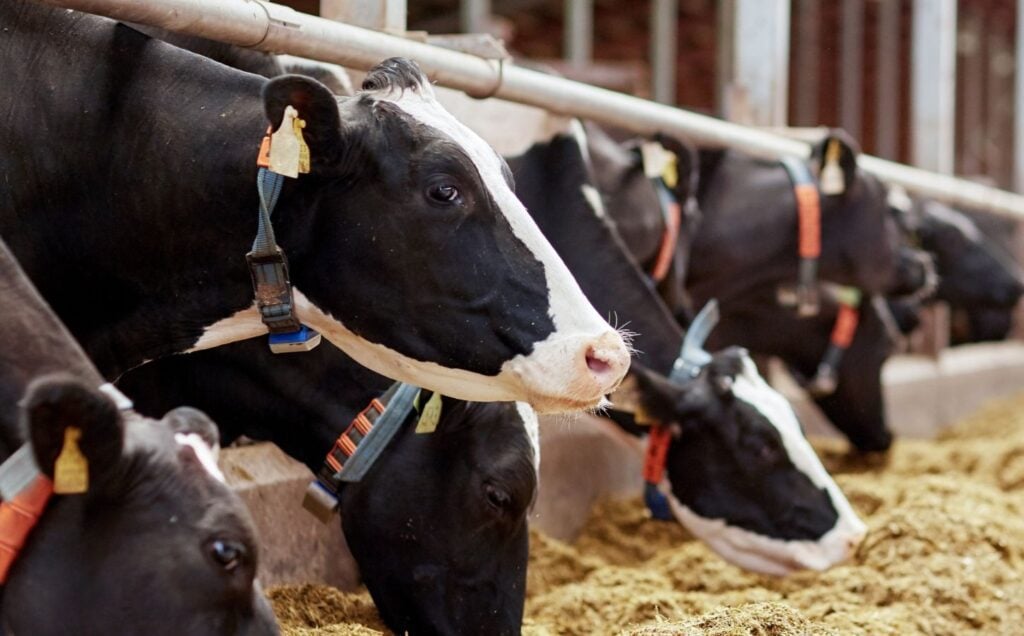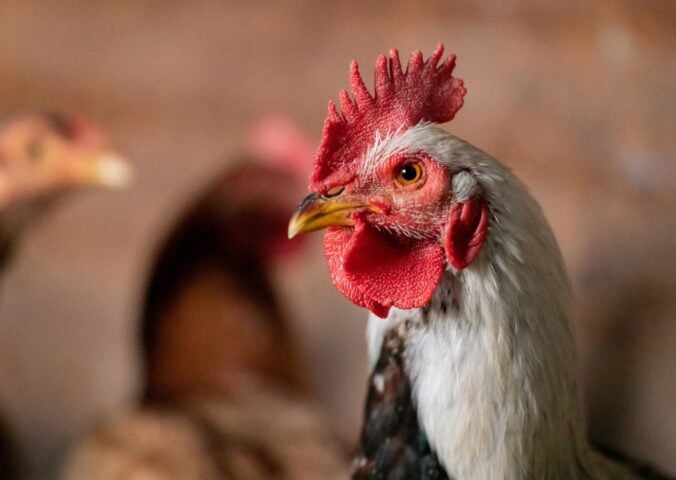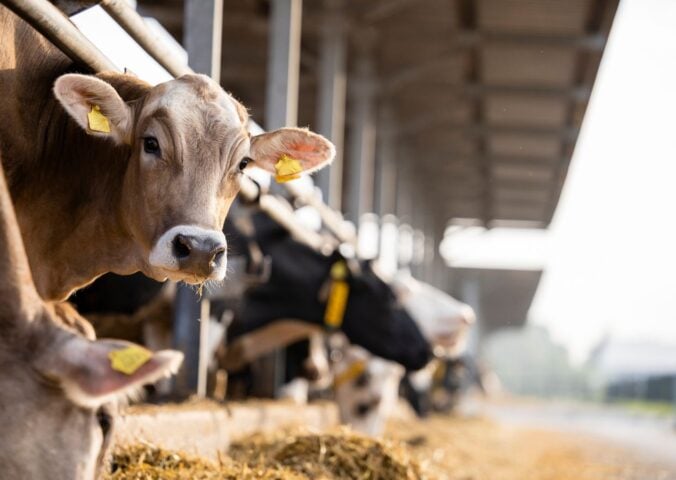Our food system alone will cause global heating beyond the 1.5C target outlined in the Paris Agreement, a new study says. The research, published earlier this month, explores greenhouse gas emissions, the environmental impact of diet, and the climate crisis.
High-methane foods like meat, dairy, and rice are largely to blame. According to the findings, emissions from these would still push us past the international target, even if all fossil fuels were eliminated.
If food emissions continue at this rate, researchers found, they would heat the world by 0.7C before the end of the century. On top of the 1C rise (from pre-industrial levels) already seen, this would surpass 1.5C.
The problem with methane
It’s thought that around 75 percent of these emissions come from foods that produce high amounts of methane. Methane is a powerful greenhouse gas that’s thought to be around 80 times more warming than carbon dioxide. It also, however, has a much shorter half life – meaning cutting it would slow heating more quickly.
“Methane has this really dominant role in driving the warming associated with the food systems,” said Columbia University’s Catherine Ivanovich, who led the research. “Sustaining the pattern [of food production] we have today is not consistent with keeping the 1.5C temperature threshold.
“That places a lot of urgency on reducing the emissions, especially from the high-methane food groups.”
A previous study found that around a third of human-caused methane stems from livestock. These mostly come from cattle, but also from other ruminant animals like sheep. Cows emit methane when they belch, meaning beef and dairy are widely considered to be the most environmentally destructive foods available.
Research findings
The new research, published in journal Nature Climate Change, argued that the 0.7C rise could be curbed if everyone adopted the Harvard Medical School-recommended diet. This eating plan allows one single serving of red meat per week. If the whole world ate as such, the heating would be limited to 0.2C, the study claimed.
This research is just the latest that argues rich nations need to drastically reduce meat consumption to avoid climate catastrophe.
Findings published by the University of Oxford in 2018 said Western countries must cut beef intake by around 90 percent. It also argued for a 60 percent reduction in milk. In 2022, a separate study found that meat consumption should be limited to two burgers a week.





